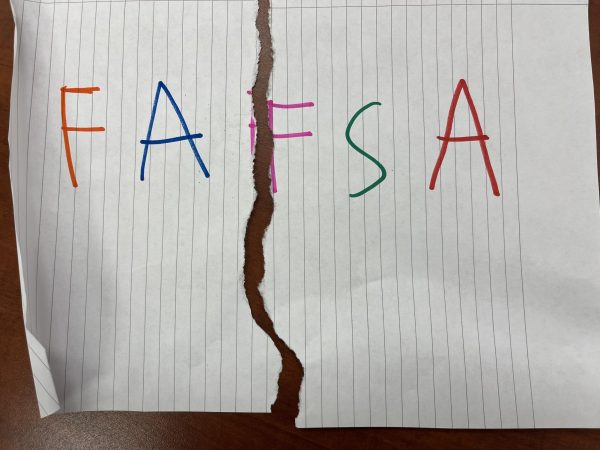Unseen consequences: The dangers of the gifted label
According to The National Association for Gifted Children, approximately 10% of children in the United States are considered gifted. For those students, the classroom can be a place of anxiety due to high rates of perfectionism among gifted students.
At some point in life, most people have wished that they possessed the intellect of a gifted child. There is something extremely appealing to the average person about experiencing the ability to grasp any concept without thought or effort, yet many misunderstand the ramifications associated with being a gifted child. While society generally views being gifted positively, the effects when this label is placed onto young children generate painful consequences.
The term “gifted” is a word often used to refer to students with an exceptional amount of intelligence and high IQ. A study found that when gifted students were compared with their non-gifted peers, students labeled as gifted suffered lower rates of life satisfaction. This particular study attributed this to unrealistic expectations that gifted students put onto themselves.
From a young age, students labeled as gifted are presented with the societal pressure to be smart. This causes students to become perfectionists, introverts and to feel like they don’t fit in. As a result, gifted students often have extreme reactions to even minor academic faults such as receiving a “B” on a test rather than an “A”.
The pressure to be smart put onto gifted students by society causes a dangerous association between their identity and their academic success. Gifted students often find their self-worth in being the “smart kid” as from a young age they have constantly been told by parents, teachers and their peers that they are such.
While some may argue that students labeled as gifted often receive the benefit of the doubt from both teachers and students, it does not accommodate for the debilitating effects of being labeled a gifted student. Academic achievement, while important, does not come before mental health and a positive outlook on one’s self-image.
Although gifted may seem like a harmless label to many, when referencing young children it only serves as an addition to the struggles gifted students already face in society. Much of the anxiety these students have is created by being labeled as the smart kid from a young age and tirelessly trying to continue holding that identity. Society needs to stop perpetuating this dangerous relationship many gifted students create with themselves by refraining from the use of labels such as smart, talented and gifted when speaking to young children.












